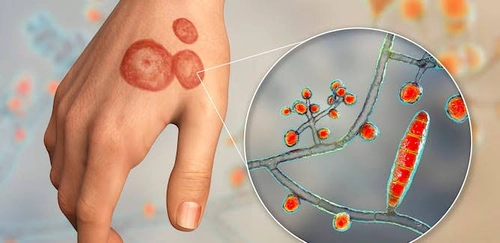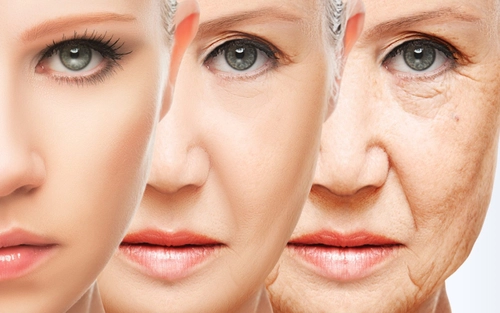Derma care, short for dermatological care, refers to the practice of maintaining and improving the health and appearance of the skin. Healthy skin is essential not only for its appearance but also for its role in protecting the body from external factors, regulating temperature, and supporting overall well-being. Here are some essential aspects of derma care:
1. Cleansing: Regularly cleansing the skin is a fundamental step in derma care. Use a gentle, pH-balanced cleanser suitable for your skin type to remove dirt, excess oil, and impurities without stripping away natural moisture.
2. Moisturizing: Keeping the skin adequately moisturized is vital to maintain its hydration levels. Choose a moisturizer that matches your skin type (dry, oily, or combination) to keep the skin soft and supple.
3. Sun Protection: Protecting the skin from harmful UV rays is crucial in derma care. Use a broad-spectrum sunscreen with an appropriate SPF (Sun Protection Factor) daily, even on cloudy days, to prevent sunburn and premature aging.
4. Exfoliation: Regular exfoliation helps remove dead skin cells, promoting a smoother complexion and preventing clogged pores. Use a gentle exfoliant suited to your skin type, and avoid over-exfoliating, which can lead to irritation.
5. Avoiding Harsh Products: Steer clear of skincare products containing harsh ingredients that could irritate the skin or cause allergic reactions. Read product labels and avoid using products with known irritants if you have sensitive skin.
6. Managing Skin Conditions: If you have specific skin concerns like acne, eczema, rosacea, or other dermatological conditions, consult a dermatologist for proper diagnosis and treatment. They can provide personalized solutions and recommend suitable skincare products.
7. Hydration and Nutrition: Drinking plenty of water and maintaining a healthy diet can positively impact the health and appearance of your skin. Eating nutrient-rich foods can provide essential vitamins and minerals that support skin health.
8. Stress Management: High stress levels can sometimes lead to skin issues. Practicing stress management techniques such as meditation, yoga, or regular exercise can have a positive impact on your skin.
9. Avoiding Smoking and Excessive Alcohol Consumption: Smoking and excessive alcohol consumption can have detrimental effects on the skin, leading to premature aging and skin damage. Reducing or quitting these habits can greatly benefit your skin's health.
10. Regular Dermatologist Check-ups: Even if you don't have specific skin concerns, it's essential to have regular check-ups with a dermatologist. They can perform skin screenings, identify potential issues early on, and offer preventive care.
Remember that everyone's skin is unique, and what works for one person may not work for another. It's essential to develop a derma care routine tailored to your specific skin type and concerns. If you experience persistent skin issues or have questions about your skincare routine, consulting a dermatologist is the best course of action for personalized guidance and care.








